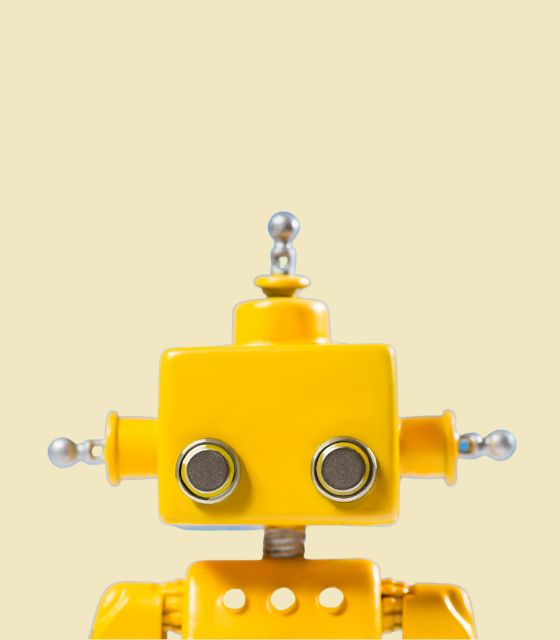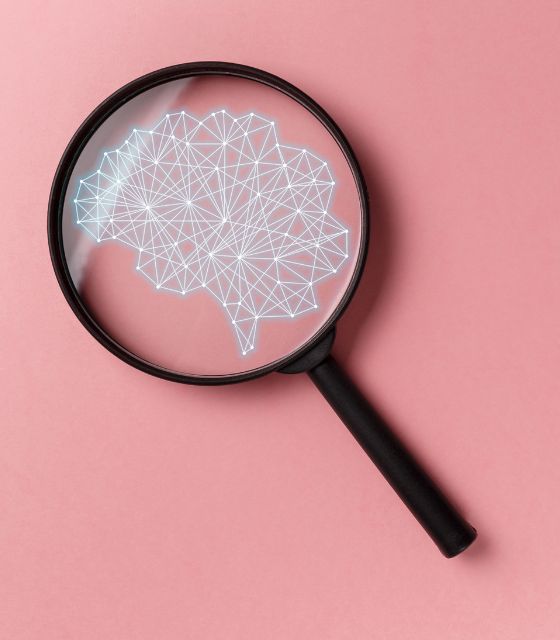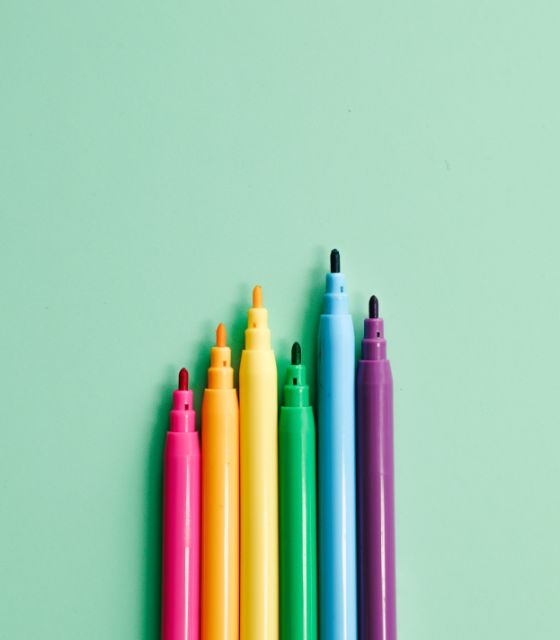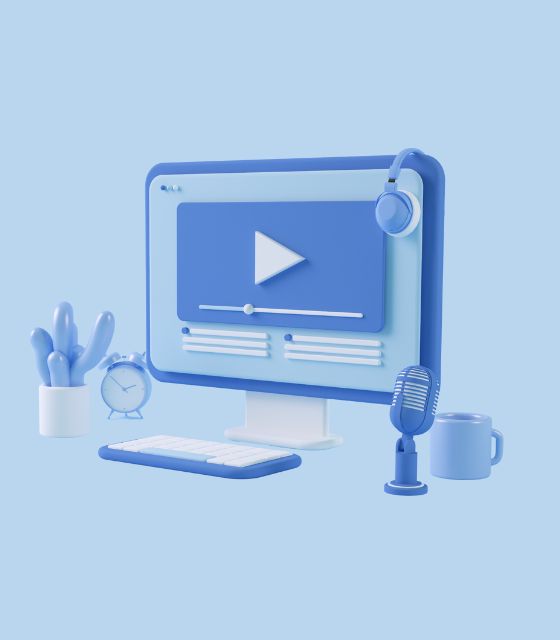Artificial intelligence has the potential to be a transformative tool in the world of advertising, particularly when it comes to creatives and content.
There are several impactful ways to use AI for creatives and content, but there are also ways in which AI should not be used. While this new technology clearly has its dos and don’ts, that shouldn’t scare marketers away.
Today, the world of advertising frequently uses artificial intelligence for many tasks including data analytics, programmatic buying, and customer service. Marketers already know that AI can improve their campaigns. But AI can also be an exciting tool for ad creatives when used correctly.
Content creation
AI has multiple applications in content marketing. It can gather data on audience preferences and optimal content publishing and distribution methods. However, the use of AI in content development and generation is a topic of controversy with companies like CNET facing major backlash for using AI to write their content.
While AI is capable of creating impactful content, the generation of content using this new technology raises legal and ethical concerns. It is important to consider that different audience segments might have strong opinions on the use of AI.
AI generated content also cannot be copyrighted, which is an important consideration for businesses.
Even with the controversy, artificial intelligence still has an important use-case for content creation. It can be an incredible way to build strategies, brainstorm ideas, and to rephrase and recycle existing content. AI can also be used as an effective research tool.
Artificial intelligence has been used by writers for years, the most famous of these tools being Spell Check. Other tools like Grammarly and Frase have also grown in popularity in recent years to help improve self-editing and streamline optimization.
Ad creatives
AI can be a great tool for ideating new creatives. Like with content creation, AI should not be used to generate a final image or design in its entirety as one will run into issues with AI generated images and copyright.
That in mind, the images and designs built by AI tools can be a fantastic way to help the brainstorming process and shouldn’t be shied away from entirely.
Additionally, AI tools are a fantastic integration for existing editing and image manipulation software. Programs like Photoshop and InDesign use AI in order to remove backgrounds, add effects, and make the image creation process more efficient for their users.
This is a fantastic use for AI for creatives, as it cuts down on time and frustration, making the lives of designers incrementally easier – leaving more time for the creative process and dedicating more brain power to new designs rather than menial tasks.
What to consider when using AI for creatives
As mentioned earlier, AI can still drum up controversy. This means it’s important that marketers use AI in ways that avoid ruffling their audience’s feathers.
As AI grows, so do the ethical questions surrounding the technology. Unesco lists multiple ethical concerns with the use of AI, such as:
- A lack of transparency: The way in which AI makes its decisions is still largely unknown to the general public.
- A lack of neutrality: AI is created by humans and is prone to carrying the biases of its creators. This means it can be inaccurate and discriminatory
- A lack of privacy: Unknown surveillance practices and data gathering can result in a violation of privacy rights for users.
The way in which AI for creatives makes its decisions is still largely unknown to the general public. Additionally, since AI is a human creation, it carries human bias. And finally, data gathering practices are not always made clear and can lack consent.
These issues are important to consumers and should be thoroughly considered before implementing AI broadly across one’s marketing department.
It is also important to consider the legal ramifications of creating content using AI, specifically surrounding the issue of intellectual property.
The world intellectual property organization (WIPO) states that “most jurisdictions, including Spain and Germany, state that only works created by a human can be protected by copyright.” Recent rulings in the US have also confirmed that content made by AI cannot be copyrighted, trademarked, or patented.
These rulings come from a consensus that one: computers cannot own things, and therefore the intellectual property they create cannot be owned and two: that human creation is intrinsic to creative value.
Most marketers are aware of the power AI has to improve information gathering and give greater clarity to customer behavior. While it’s important for marketers to be mindful about how AI is used for creatives, that doesn’t mean it should be avoided entirely.
AI for creatives is still a powerful tool that can lend greater efficiency to the generation of creatives and content and leave room for grander ideation and inventive ambition.
To see more from illumin, be sure to follow us on Twitter and LinkedIn where we share interesting news and insights from the worlds of ad tech and advertising.






